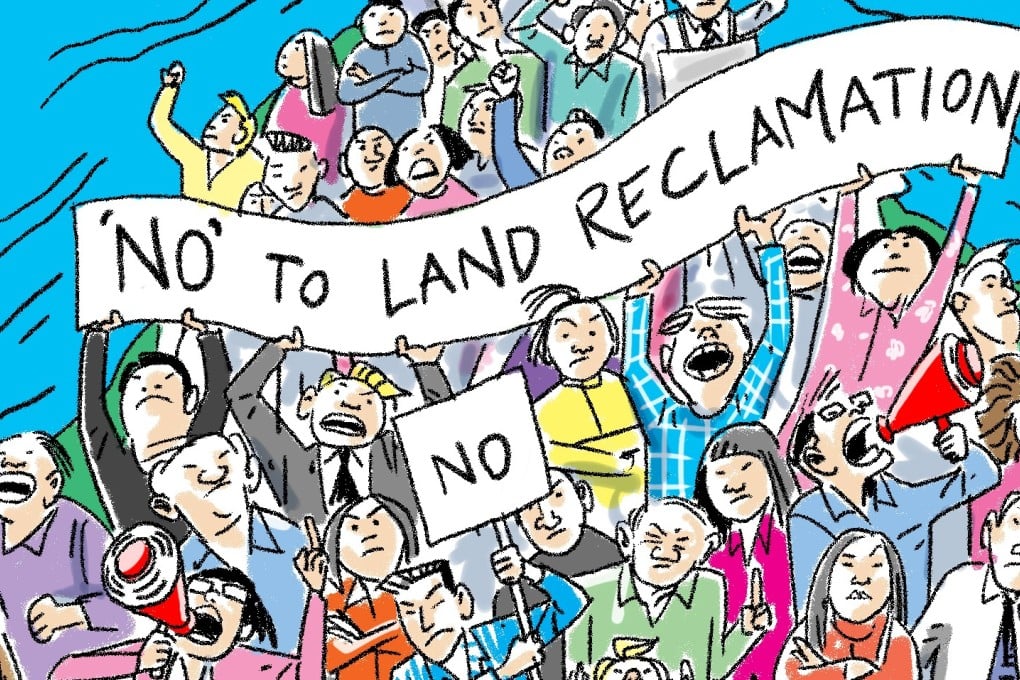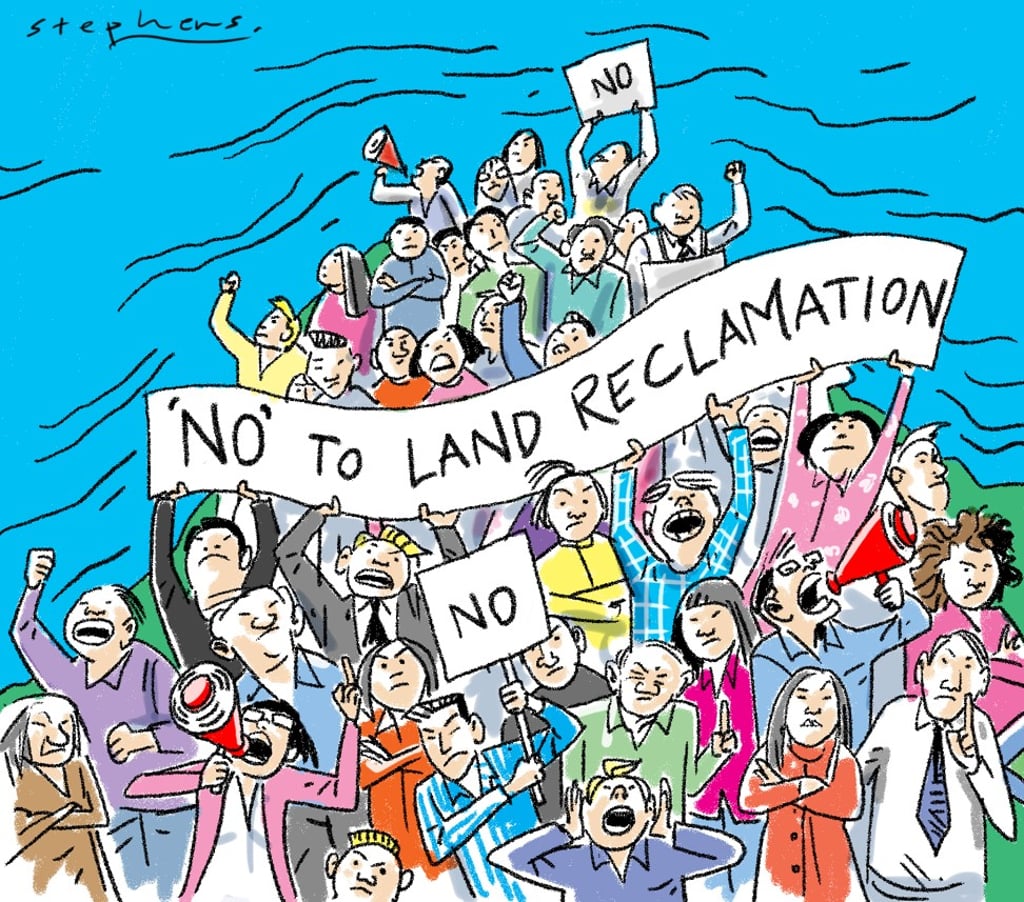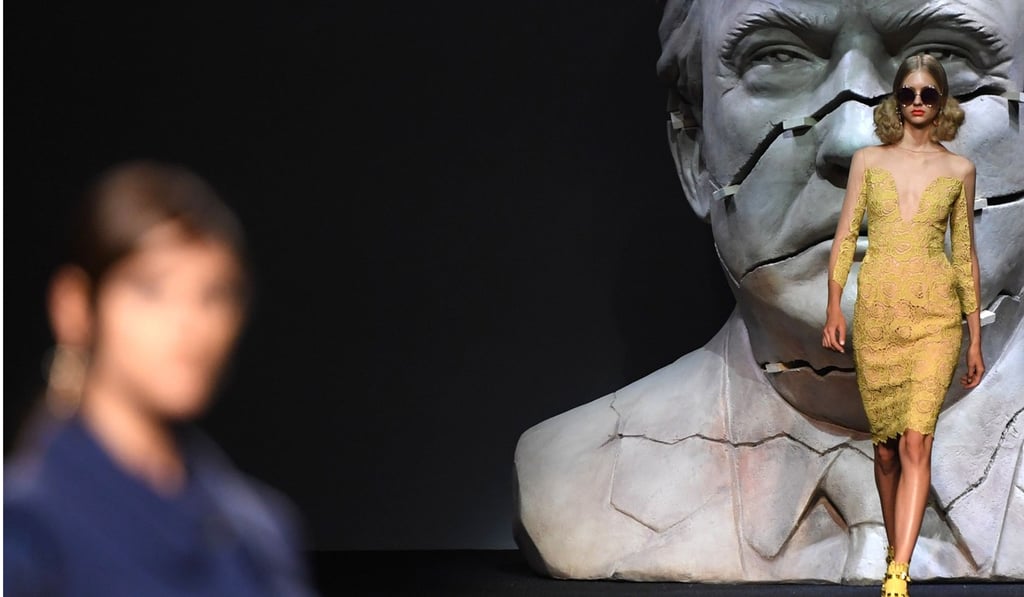Advertisement
Hong Kong’s housing crisis can’t be solved by democratic consensus
Lau Ping Cheung says public objection alone is not a good reason to reject reclamation and other contentious ideas if they have merit, while private developers must also play their part to ease the land shortage
Reading Time:5 minutes
Why you can trust SCMP


Based on the government’s “Hong Kong 2030 Plus” development strategy, the city needs 4,800 hectares of land to meet its housing and development needs, but can find only 3,600 hectares, leaving a shortfall of 1,200 hectares.
At its first meeting recently, the 30-member task force set up by Chief Executive Carrie Lam Cheng Yuet-ngor to find developable land listed 12 viable options for study. These include developing the land on the fringes of protected country parks; reclamation outside Victoria Harbour, particularly the sea off Lantau Island; speeding up the development of comprehensive development areas; and the relocation of the Kwai Tsing Container Terminals, or building housing above the terminals. Public consultations will follow once the panel has completed its study.
Advertisement
It’s obvious that reclamation outside Victoria Harbour and the development of some peripheral areas of country parks – the two options the chief executive has put weight on – will be highly contentious.
Hong Kong people can find solutions for the mess they created in housing and wealth gap

Advertisement
Advertisement
Select Voice
Choose your listening speed
Get through articles 2x faster
1.25x
250 WPM
Slow
Average
Fast
1.25x